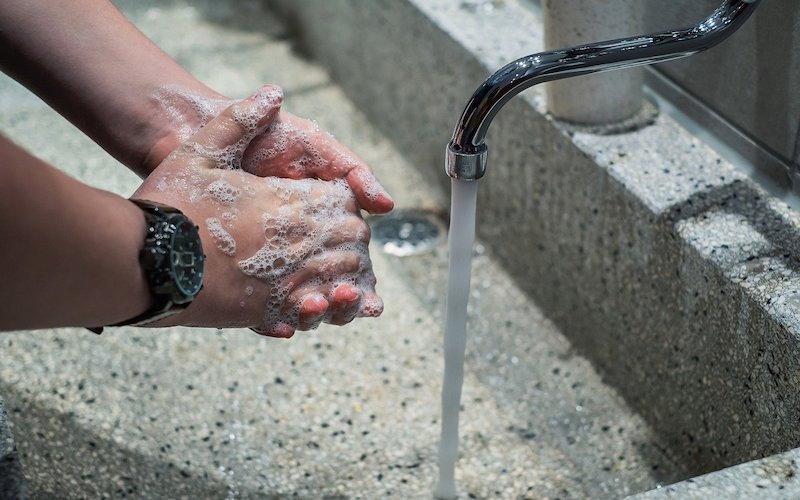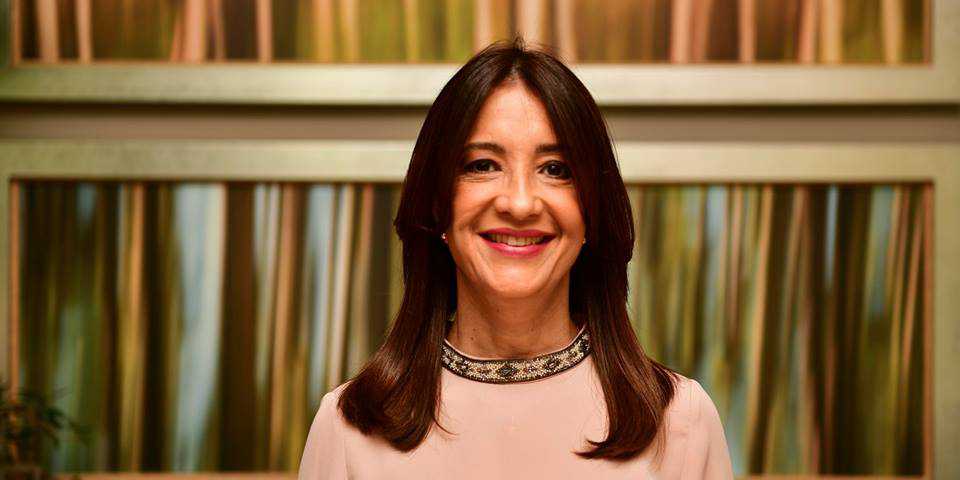
Coronavirus and Obsessive-Compulsive Disorder (OCD) 26-03-2020
By: María Luisa Teijeiro, MA
In these times of the Coronavirus we urgently need to take extreme hygiene measures in order to avoid contagion. The World Health Organization (WHO) recommends that we wash our hands thoroughly, rub our hands against each other, rub our thumbs, rub our fingertips with our palms, in short, a whole process to thoroughly sanitize our hands. We also recommend carrying alcohol-based hand sanitizer in our wallets or backpacks.
For people with obsessive-compulsive disorder (OCD), these recommendations probably trigger episodes of compulsive behaviors, intense anxiety, and increased intrusive thoughts related to contamination, germs, and a lot of concern about getting the virus or feeling that they are already contaminated and that the disease is developing. They even get to feel symptoms.
For someone with OCD who has to face the warnings to prevent the spread of Covid-19 exposed in all media and at all times of the day it is as if their intrusive thoughts were not only in their head but also out of it.
It is normal for us to feel more anxiety with all this precautionary information, it is normal for us to be careful not to get infected and to be cautious. The point is not to allow that concern to affect the way we behave as it would validate those thoughts.
Exposure therapy and response prevention is a specific form of cognitive-behavioral therapy that has been shown to help many patients recover from obsessive-compulsive disorder. Exposure and prevention of response involves gradually exposing the person to their fears or obsessions and teaching them healthy ways to deal with the anxiety they cause.
It is valid that at the moment we wash our hands more often and consciously. In this precise situation, the way to do the "exposure" therapy would be to choose a justified source for prevention and pay attention to it, just that. Do nothing beyond what they advise and do not listen to the recommendations and rules that the TOC begins to implant into their brains.
We suggest that people with OCD observe their behavior, and be aware that the time consumed by both intrusive thoughts and compulsions does not increase. That is, if on Wednesday I wash my hands counting up to 20, and on Friday until 30 I must already be careful not to allow it to consume more time. What we suggest is to follow the recommendations of the who but only that, no more. Let's look at our intrusive thoughts as “did I do well?” let's do it consciously and then let them go, let them go.
It is also advisable for people with OCD to control the time they spend looking for information and news about Covid-19, so that it does not become obsessive behavior.

